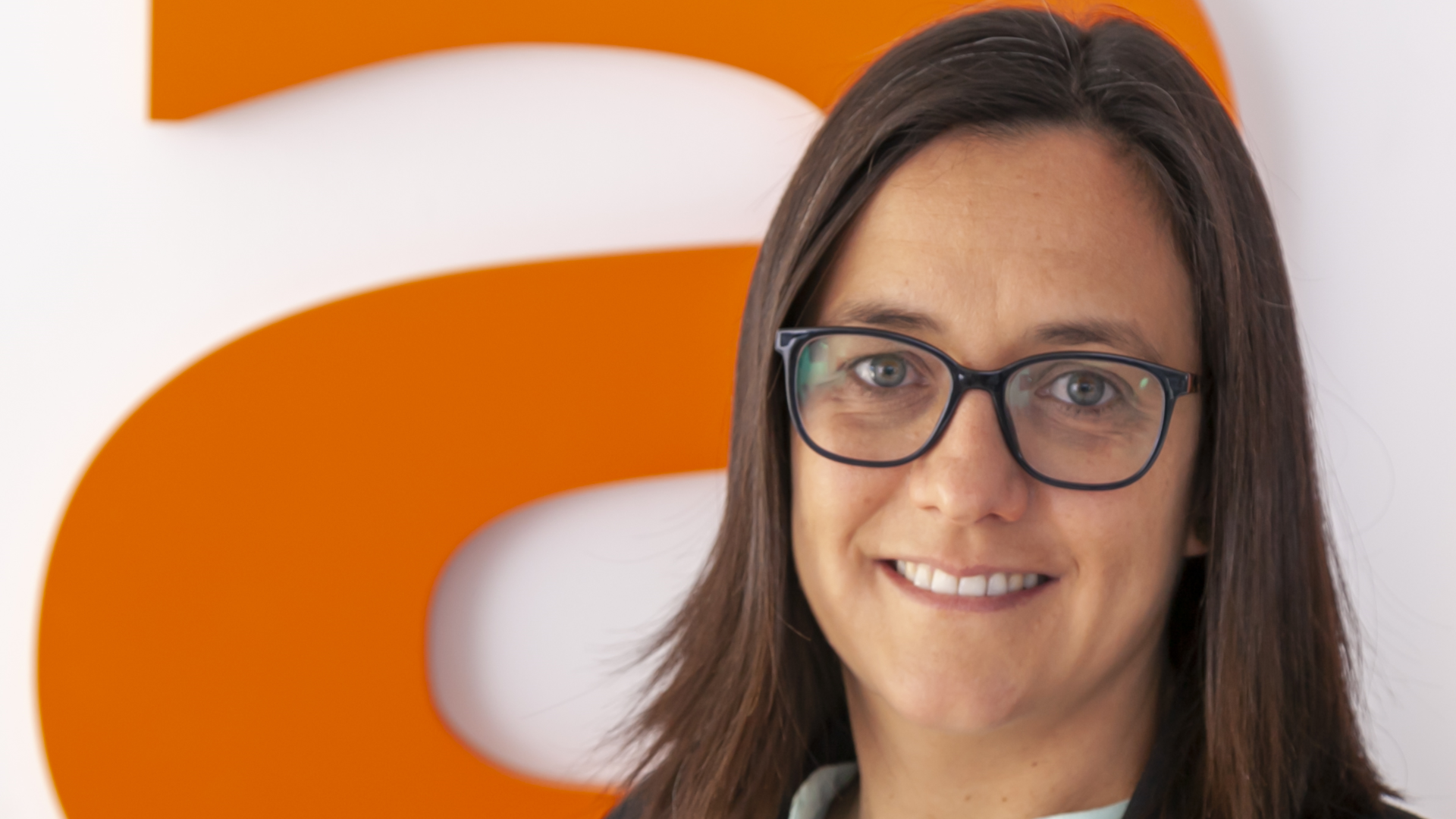The researchers of AINIA have achieved to develop a destined container to cosmetic products whose main component is the bioplastic that has been obtained of organic waste. Each inhabitant generates of average 0,5 tonnes of urban solid waste by year. The bioplastic used in these containers, has been achieved thanks to two biological processes: toxygen-free fermentative and, later, the substances that have finish conforming the bioplastic , has been transformed in a biopolymer.
The bioplastic used is one of the results obtained that has been framed in the European project URBIOFIN, that consists in studying the feasibility tecno-economic and environmental of a biorefinery to revalue organic urban waste and turn them into bioproducts. It is a project funded by to the Bio Based Industries Joint Undertaking (BBI JU) under the program of the European Union Horizon 2020, in which it participates a consortium of fifteen European partners, that belong to companies, universities and technological centres related with the management of waste biotechnologies, bioproducts, biomaterials and biofuels.
Of this way, tries put a solution to the problem of the environmental pollution, besides that contributes to the economic transformation to the model that pursues the Plan of Circular Economy of the European Commission.
Another of the advances that has achieved AINIA on line with the project URBOFIN have been the stock exchanges of rubbishes elaborated from organic urban waste. Regarding the containers of cosmetic have been tested by two companies of the sector: Walla, of Germany, and Welleda, of Switzerland.
